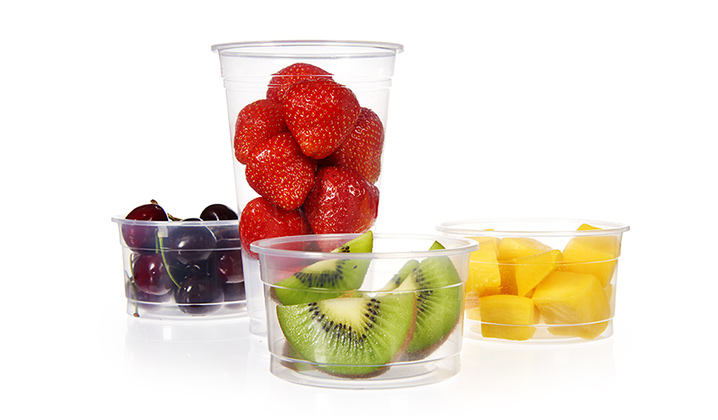Sustainability 2025 – Planet, People and Product
May 17, 2021 by Zach Adams and Bhavesh GandhiThe world is moving towards a green future and a plastics circular economy. A growing number of international agreements, European Union policies, national legislation and private sector initiatives are trying to tackle the plastic waste challenge, covering everything from a proposed recycling revolution to bans on single use plastics.
At Milliken, we are proud to be at the forefront of industry partnership and R&D efforts towards a plastics circular economy through our 2025 Planet Goals to shrink our footprint, Product Goals to promote circular economies, and People Goals to care for our employees and communities.
We have joined initiatives such as the Digital Watermark Project, HolyGrail 2.0, a cutting-edge European project testing the viability of digital watermarking technologies for the accurate sorting of plastics and partnered with PureCycle Technologies in the United States to advance the closed-loop recycling of PP resin to ‘virgin-like’ quality.
Milliken is also a member of the United Nations Global Compact, a voluntary leadership platform for the development and disclosure of responsible business practices, with thousands of other companies globally committing to take responsible action to create the world we all want.
We are also developing new products. With a focus on next generation additives for sustainability, keeping in view ever changing regulatory requirements, our additives are helping to enhance polypropylene (PP) that, for many reasons, has emerged as a frontrunner in the packaging sustainability stakes.
Sustainable High-Performance Additives for PP
Hyperform® HPN® 909ei for HPP in thermoforming applications is a high-performance additive for polypropylene for food contact materials including packaging, drink cups and lids, and thermoformed trays. This new grade has one Specific Migration Limit less than the previous generation product. This means there is one less substance that must be monitored and tested for, reducing the compliance burden of customers. With this simplification, the reassurance of safety is even stronger. On top of that, Hyperform HPN 909ei provides high stiffness while maintaining good impact strength, isotropic shrinkage, and a higher heat deflection temperature (HDT).
Safety and sustainability are often interlinked and this is no different with Hyperform HPN 909ei. It has improved aesthetics, reducing the haze and the yellowness index, with final parts that are cleaner, clearer and more transparent. This supports sustainability efforts by allowing highly recyclable polypropylene to replace other materials in some applications helping, for example, to meet targets such as the EU’s 50% 2025 recycling target for plastic packaging.
Another of our additives for polypropylene is Millad® NX® 8000 ECO, ideal for injection molded applications. NX UltraClear™ PP is polypropylene clarified with Millad NX 8000 ECO, delivering crystal clear, glass like clarity with additional sustainability benefits. It has the lowest density of all plastics, allowing for reduced packaging weight, reduced transport costs, reduced waste and reduced eco-taxes where applicable.

Carbon and Recycling Benefits
Millad NX 8000 ECO offers faster production rates and average energy savings of 10 %. These energy savings have been validated by Underwriters Laboratories (UL) Environment, an independent sustainability solutions provider, and brand owners using the NX UltraClear PP resin can display a UL Environmental Claim Validation (ECV) label on their injection molded packaging to illustrate their dedication to sustainability.
The products in the Millad NX 8000 range are the only PP clarifying agents to receive Critical Guidance Recognition from the US Association of Plastic Recyclers (APR), as well as from RecyClass, a cross-industry initiative that works to advance plastic packaging recyclability in Europe, that the additive is compatible with plastic packaging recycling.
Sustainability Goals for a Brighter Future
Supporting the sustainability drive across the plastics industry value chain has never been more important. For Milliken as a company we have aggressive goals, such as a 25 percent reduction in greenhouse gas emissions, water consumption, and solid waste creation.
We also recognize the need for a continuous evolution to protect and improve our world which means looking beyond Milliken. We have a firm focus on R&D for sustainability and continually conduct extensive reviews of the products we manufacture to best understand their role in the circular economy. We aim to do all this by 2025.
To find out more about Milliken’s sustainability and CSR initiatives visit chemical.milliken.com/sustainability.
